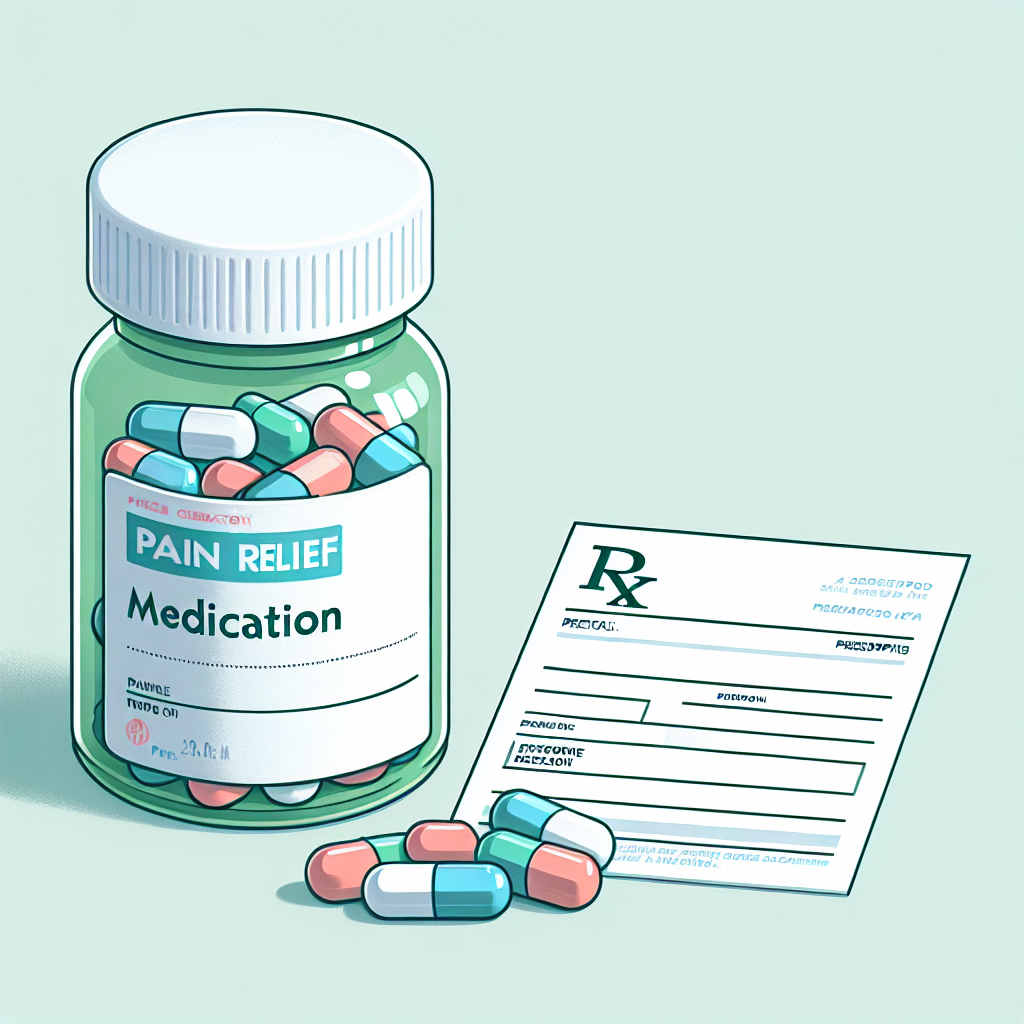Innovative Biotechnology: Transforming Plastic Waste into Pain Relief
Scientists have discovered a method to convert plastic waste into acetaminophen, a common painkiller. The World Health Organization highlights the challenges at Gaza's Nasser hospital, faced with overwhelming trauma cases linked to controversial food distribution. Additionally, drugmaker Alchem is fined for involvement in a pharmaceutical cartel.

In an unprecedented breakthrough, researchers have identified a way for common bacteria to transform plastic waste into acetaminophen, the main ingredient in popular painkillers like Tylenol. This discovery promises a sustainable alternative to fossil fuel-derived production of the drug.
Meanwhile, Gaza's Nasser hospital is struggling to manage a flood of trauma cases amidst contentious food distribution activities spearheaded by the Gaza Humanitarian Foundation. The World Health Organization voices concerns about the impartiality of these operations.
In other news, Alchem International has been penalized with a $576,000 fine by EU regulators for its participation in a pharmaceutical cartel. This crackdown is part of a broader initiative targeting price-fixing activities within the drug industry.
(With inputs from agencies.)










